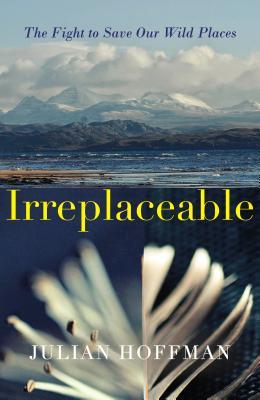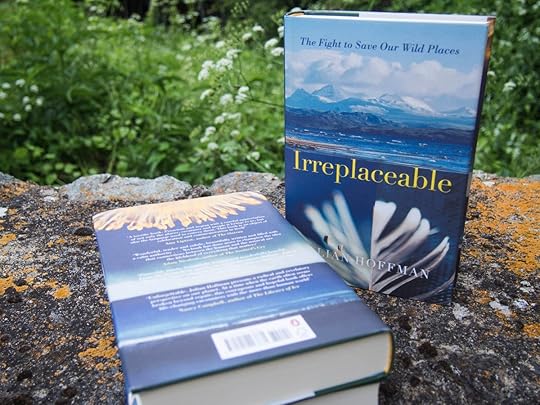What do you think?
Rate this book


416 pages, Hardcover
Published June 27, 2019

"Like those starlings cork-screwing into the upper reaches of the fen country sky, change can begin with single voices - yours, mine, hers, or his. And when we raise our voices we empower others to join in, swelling to a chorus, a coalition, a murmuration."